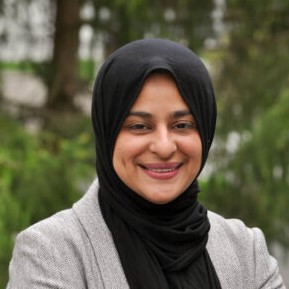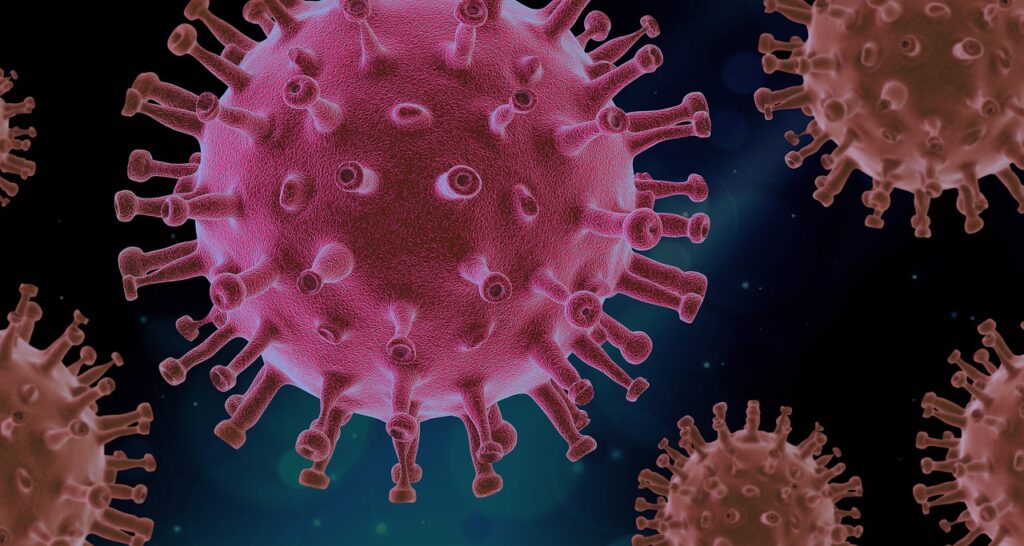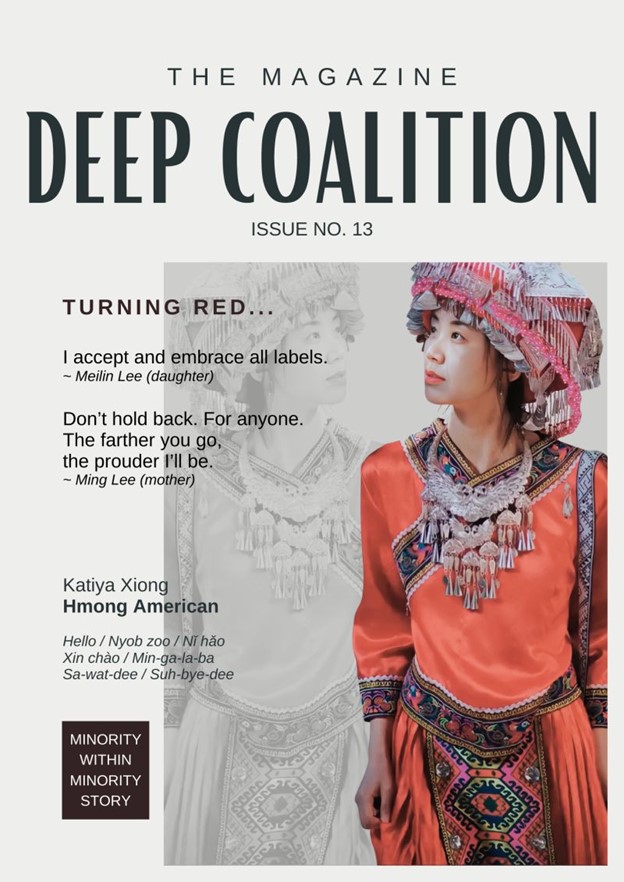Family, Government, Voices
America’s Muslim youth unfairly shouldering the collective guilt of 9/11
Muslim American youth find themselves navigating a predominantly White, mainstream culture, contending with feelings of marginalization and stigmatization. Their daily experiences encompass a mixture of challenges and resilience, marked by moments of invalidation met with acts of courage. Muslim American youth continue to bear the weight of representing an entire faith on their young but resilient shoulders. Navigating their identities in spaces fraught with stereotypes of demonization and oppression remains a recurring experience for them.
Author: Dr. Noor Ali is an Assistant Professor at Northeastern University’s College of Professional Studies, Graduate School of Education. Dr. Ali has developed a micro theoretical framework, MusCrit as a subset of Critical Race Theory where she posits a framing for understanding the lived experiences of Muslim Americans. She has published extensively on topics of MusCrit, racialization of religion, demystifying Critical Race Theory, leadership, social justice, and experiential learning.
Disclosure: MyAsianVoice is committed to publishing original and third-party content that is relevant and useful to the Asian female and beyond. The content posted are strictly the views of the author’s own and does not reflect the views of MyAsianVoice.
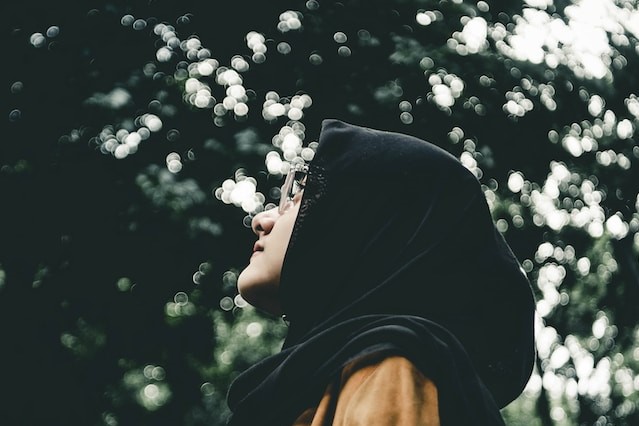
Muslim American youth find themselves navigating a predominantly White, mainstream culture, contending with feelings of marginalization and stigmatization. Since the 9/11 attacks, they’ve grappled with traumatic encounters with Islamophobia, which were exacerbated by hostile discrimination during the Trump administration. Pervasive stereotypes surrounding their religious identity add to their unique form of marginalization. Their daily experiences encompass a mixture of challenges and resilience, marked by moments of invalidation met with acts of courage. As they traverse their intricate realities, they confront the intersections of their identities, woven from a complex web of hyphenated and multifaceted affiliations (Sirin & Fine, 2008).
Oppression and limited understanding of the Muslim community
The oppression faced by Muslims stems from a deeply ingrained White-centric, biased portrayal of the community, leading to homogenization and stereotypes. Historically, Muslims have been unfairly branded as anti-democratic and backward by the White Christian majority. This limited understanding often conflates Arabs with the entirety of the Muslim population. Mainstream media further reinforces these stereotypes, contributing to the systemic oppression experienced by Muslims.
This oppression manifests in various forms, ranging from subtle microaggressions to extreme violence. Racist policies like the Muslim Ban and extensive surveillance further curtail their freedoms. Additionally, Muslims unfairly shoulder the collective guilt of 9/11, affecting even unborn Muslim Americans. This trend extends to how local Muslim communities are impacted by foreign policies and affairs, with Muslims often lacking the agency to express their own ethical perspectives without facing accusations of being un-American.
Local Muslim communities are negatively impacted by foreign policies and affairs, with Muslims often lacking the agency to express their own ethical perspectives without facing accusations of being un-American.
Identifiability plays a crucial role in how Muslims are treated
Identifiability plays a crucial role in how Muslims are treated. Women who wear hijabs are more likely to face racist attacks, while identifiable Muslim men, due to their names or beards, are subject to heightened surveillance and perceived as threats. Sikh men also suffer hostility due to mistaken identity. Unlike skin color, Muslims have the option to hide or reveal their religious identity to protect themselves from racialized threats. This may involve choosing not to wear a hijab, anglicizing Arabic names, or refraining from public religious practices. Identifiable Muslims regularly endure micro-aggressions and invalidations, and are often subjected to brutal violence based on their religious association.
Given the significant role that identifiability plays in their daily lives, Muslims grapple with a sense of double-consciousness due to their hyphenated identities. They are persistently viewed as not quite American enough, always requiring the label of Muslim-American. This necessitates a continuous demonstration of allegiance to America, as well as apologizing on behalf of their religion for the actions of a few individuals.
Muslim American youth continue to bear the weight of representing an entire faith
A crucial facet of the counter-narratives shared here revolves around the unanimous experience of identifiable Muslim Americans when engaging with conversations about terrorist attacks, bombings, shootings, and 9/11. Muslim American youth continue to bear the weight of representing an entire faith on their young but resilient shoulders. Navigating their identities in spaces fraught with stereotypes of demonization and oppression remains a recurring experience for them. These counter-narratives are derived from a comprehensive study over several years involving 15 female Muslim American students, offering a glimpse into the lives of resilient yet consistently marginalized youth.
“They would play videos about 9/11 and then they would say ‘Muslim terrorists’ and this was uncomfortable, because they used those two words together and I was associated with one of those words.”
Rahmah – tensions with 9/11 Remembrance
During each 9/11 Remembrance Day at high school, Rahmah* consistently experienced a palpable tension in the room due to her Muslim identity. According to Rahmah, “everybody would not look at me, but you could tell there’s some tension even though I have nothing to do with the 9/11 attacks, but you could still sense that tension … I never looked forward to 9/11 because the energy was definitely awkward and just very uncomfortable … because people know your religion … even though I have nothing, no relation to it.” She went on to express that “they would play videos about 9/11 and then they would say ‘Muslim terrorists’ and this was uncomfortable, because they used those two words together and I was associated with one of those words.”
Mehar – experience of microaggressions
During her high school years, Mehar* encountered microaggressions, such as being subjected to stares, laughter, and hearing people openly express pro-gun and pro-Trump sentiments in her presence. On occasions, especially at night, she experienced a sense of insecurity due to her hijab. Mehar vividly recalls instances when “some guys were screaming salaam or things about blowing up – those were times when I’ve been genuinely afraid.”
“I have done nothing wrong, but all of a sudden, to be seen as someone who does something wrong just because of what I believe in or my beliefs, it just doesn’t feel right to me; it doesn’t sit well, and it scares me knowing that I could be judged based off of this.”
Samreen – doesn’t feel right to be judged
When discussions about 9/11 arise, Samreen* expressed, “I always feel like people are staring at me, and I think, oh no, this is about me, although it’s really not. I wasn’t there (when it happened). This is an idea that always annoys me, just because a group of Muslims did something wrong, they say all Muslims are doing wrong, and I feel because you’re Muslim, it’s kind of your fault.” In the wake of acts of violence, Samreen’s initial concern is whether the perpetrator is “Muslim or Christian? Because I’m afraid of people’s perception of what Islam is and who Muslims are, because I don’t want to ever be afraid of being who I am.” She emphasized, “I have done nothing wrong, but all of a sudden, to be seen as someone who does something wrong just because of what I believe in or my beliefs, it just doesn’t feel right to me; it doesn’t sit well, and it scares me knowing that I could be judged based off of this.”
Ayesha – an unjust burden
Ayesha* found it unjust to bear this burden, expressing, “I feel like people should already know how to separate that, but having to explain it and tell people that constantly is tiring.” On occasions when 9/11 was discussed, she recounted, “I would get stares in the classroom. I don’t know if they were doing it on purpose, but it was definitely something I experienced year after year.”
“I feel like people should already know how to separate that [there is no Iinkage between Islam and 9/11], but having to explain it and tell people that constantly is tiring.”
Presence of racialized discrimination and social repercussions
In these narratives, we witness the pervasive presence of racialized discrimination directed at this marginalized community. The individuals recounted in detail the harmful and demeaning stereotypes perpetuated in popular media and literature.
Some participants described encounters with perceptions of undemocratic inclinations leading to oppressive measures and associations with terrorism. These interviews revealed instances of microaggressions and outright discrimination within their educational environments.
Nearly all participants expressed the discomfort and weight imposed by the aftermath of 9/11 on their everyday lives. Frequently, they find themselves compelled to provide explanations and extend apologies on behalf of the entire Muslim world in response to isolated acts of terrorism. The participants articulated the social repercussions stemming from a political climate inflamed by hatred.
*Names have been changed.
Helpful Resources
MusCrit, a subset of Critical Race Theory for understanding the lived experiences of Muslim Americans
Civil Right Reports, The Council on American-Islamic Relations (CAIR)
Get a monthly dose of our latest insights!

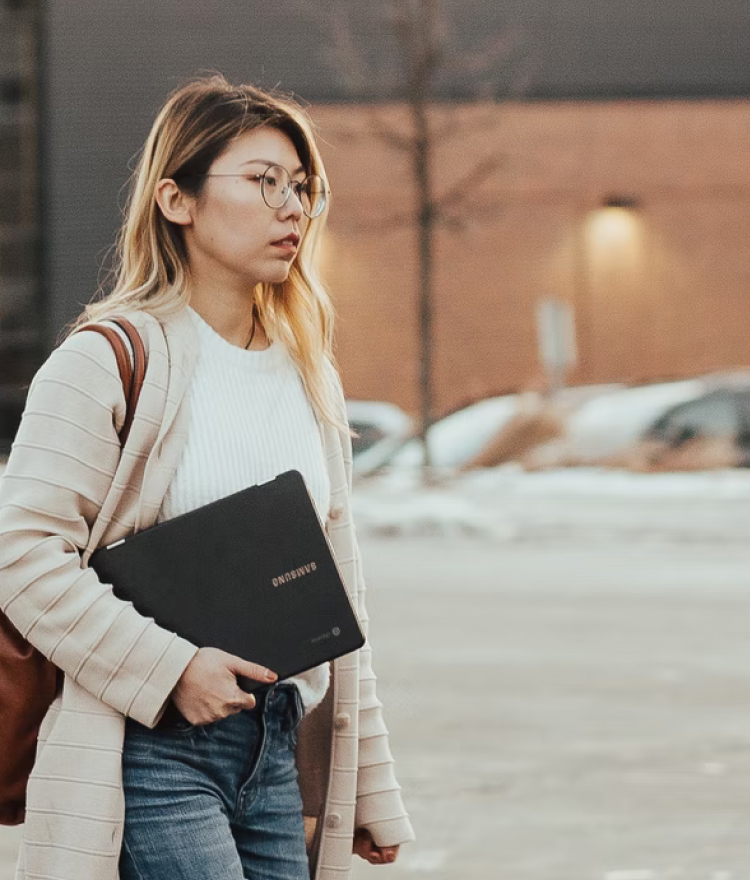
About
myasianvoice
At MyAsianVoice, we connect Asian Americans to surveys and research to bridge the Asian data gap.
Join our growing respondent list >>